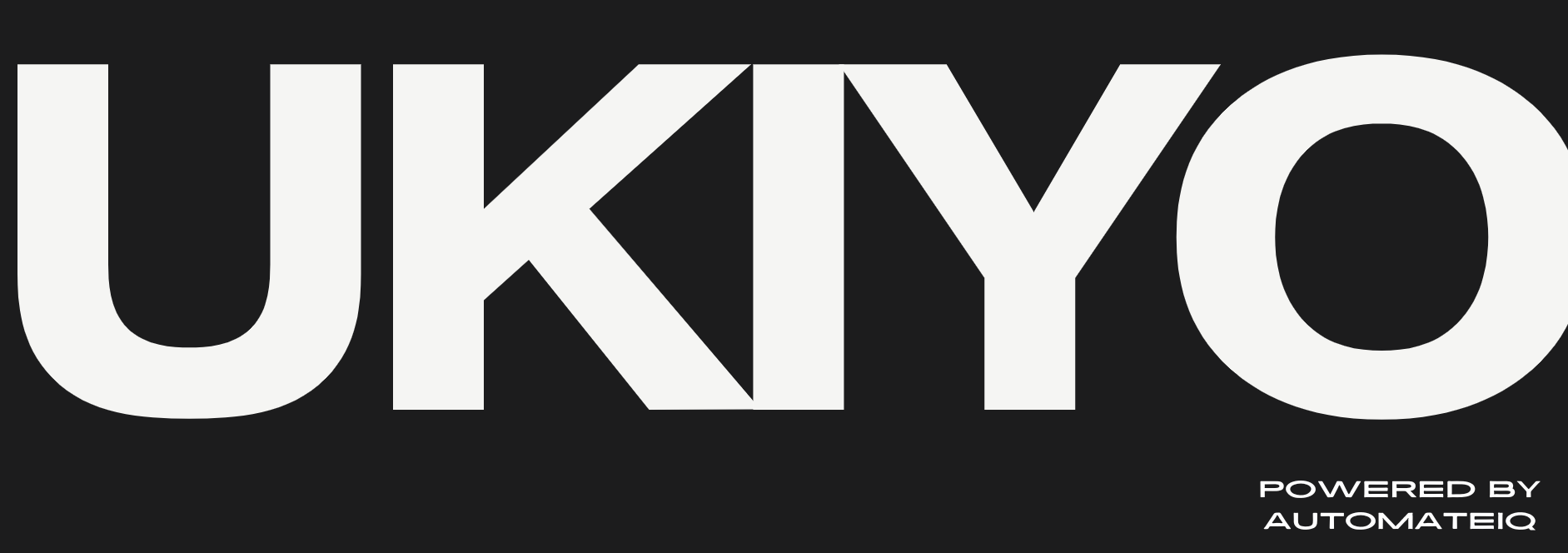In 2025, code is still king—but now it writes itself a little faster.From startups to enterprise teams, the modern coding stack is getting a major upgrade—fueled by AI-powered developer tools that cut boilerplate, suggest solutions, auto-document code, and even explain bugs before you hit Stack Overflow.The shift isn’t subtle. What used to take 3 hours of combing docs now happens in 30 seconds of AI pair programming.In this post, we explore 5 AI tools every programmer is either already using—or about to—and why they’re quickly becoming staples of the modern dev environment.
1. GitHub Copilot
Why It’s a Game-Changer
Copilot transformed the way developers write code. Powered by OpenAI Codex, it auto-suggests code snippets, entire functions, and even logic patterns—inline—as you work.
Key Features
- Autocomplete Entire Functions in Real-Time
- Natural Language to Code
- Multi-Language Support (JS, Python, Go, Ruby, etc.)
- Contextual Awareness Within Files
Practical Benefits for Developers
Solo devs or teams can speed up prototyping, knock out repetitive structures, and reduce mental fatigue on setup tasks. Copilot feels like a senior dev whispering suggestions while you focus on structure.External Source: GitHub states that developers using Copilot complete tasks 55% faster and write 46% less boilerplate code.
2. Cursor
Why It’s a Game-Changer
Cursor is an AI-native code editor built on VS Code that integrates ChatGPT directly into your IDE, enabling seamless conversations with your code.
Key Features
- Inline Chat for Explaining or Editing Code
- "Edit This" Prompting with Instant Output
- Ask About Your Repo, Not Just the Language
- Command Palette Integration
Practical Benefits for Developers
Instead of context-switching between ChatGPT and your IDE, Cursor keeps your questions, edits, and code review in the same window. It’s ideal for debugging, writing test cases, or onboarding into a new codebase.
3. Codeium
Why It’s a Game-Changer
Codeium is a free AI code completion tool that works across over 40 IDEs and languages, positioning itself as the open-source-friendly alternative to Copilot.
Key Features
- Real-Time Autocomplete & Code Generation
- Cross-IDE Support (VS Code, JetBrains, Jupyter)
- No Credit Card or Waitlist Required
- Multi-Language Compatibility
Practical Benefits for Developers
Great for teams that want powerful AI autocomplete without vendor lock-in. Also ideal for education and dev bootcamps due to its accessibility and broad support.External Source: Hackernoon ranked Codeium as one of the fastest-growing open AI tools for coders in 2024.
4. Sourcegraph Cody
Why It’s a Game-Changer
Cody is Sourcegraph’s AI coding assistant built for large codebases. It can answer questions about your project, generate docs, and help you understand functions across complex repos.
Key Features
- Search and Explain Codebase Functions
- Refactor Suggestions and Snippet Generation
- Ask Questions About Any File in Context
- Built for Enterprise-Scale Projects
Practical Benefits for Developers
Engineers working on legacy systems or at scale can use Cody to reduce onboarding time, map unknown repos, or debug inherited modules. It’s like having a senior dev with total memory recall of every commit.
5. Tabnine
Why It’s a Game-Changer
Tabnine is a secure, on-device code assistant that lets teams keep AI productivity without sacrificing code privacy or IP security.
Key Features
- Private AI Models (No Cloud Required)
- Local Autocomplete + Snippet Suggestions
- Custom Model Training for Your Codebase
- Supports Most Popular IDEs and Languages
Practical Benefits for Developers
For teams in finance, health, or compliance-heavy environments, Tabnine gives all the autocomplete perks of Copilot—while ensuring code never leaves the machine or leaks through third-party APIs.Internal Link: For more tools helping developers move faster, check out our Top 5 AI Co-Pilot Tools Boosting Creative Workflows in 2025, which includes GitHub Copilot and more.
The AI Coding Stack Isn’t a Trend—It’s the New Default
These tools don’t just write code—they make developers faster, smarter, and less dependent on context-switching or search engines. In the new stack, AI assistants are part of your muscle memory.From refactoring legacy code to kicking out new microservices, developers in 2025 are learning to work with machine collaborators—improving not just speed, but clarity and confidence.Pair your AI code assistant with smart project dashboards or automation tools from our Lean Content Creation Stack to ship faster, iterate smarter, and stay focused.





0 comments